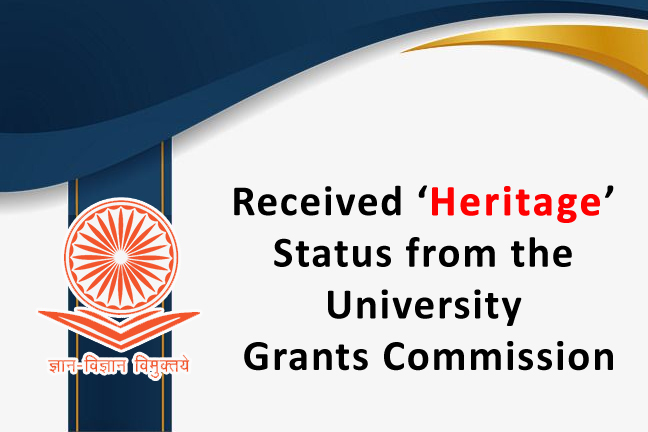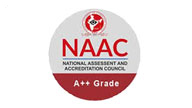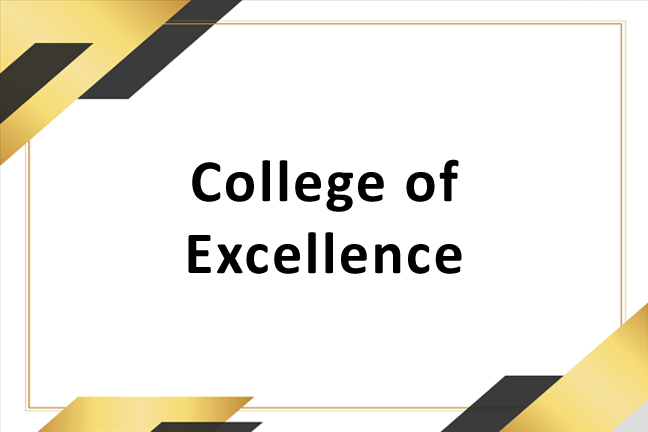At St. Xavier’s College (Autonomous), Kolkata we have a Yoga centre that is a part of the Department of Education. The Yoga room with its soothing ambience and well-maintained floors, simple decor, along with the generous provision of Yoga mats, enables students to gain coordination of mind, body and soul. Professional guidance by trained instructors helps students refresh themselves. The spacious Yoga Resource Centre also has the added advantage of using the state-of-the-art ICT Resource Centre adjacent to it, for videoconferencing, the Multipurpose Seminar Hall and classrooms of he Department of Education, which are provided with projector and internet facilities for PowerPoint presentations. Thus, a plethora of theoretical as well as practical/practicum related activities for the Yoga course can be effectively carried out.
Yoga promotes physical and mental health and well-being. It plays an instrumental role in disciplining the mind and improves the vital powers of concentration. Therefore, it is ideally suited for each one of us who are engaged in varying ways in intellectual pursuits. Yoga can help the teacher trainees as well as faculty and non-teaching staff to learn, to relax, improve self-esteem and bring about body awareness. Keeping in view all the benefits that yoga offers, the institution provides the prospective teachers yoga sessions, under the guidance and supervision of trained professionals.
The B.Ed trainees of both first and Second year are provided with adequate training in the theory and Practicum of Yoga throughout their two-year programme in the College. The entire course for Yoga is judiciously distributed amongst various faculty who are responsible for conducting Yoga theory, Yoga Practicum and Practical sessions. Yoga education being an integral part of ancient Indian Philosophy, faculty with special training in
Indology and philosophy advise, coordinate, frame the programme as well as teach as per the NCTE requirements of the course.
During the training, the students are introduced to the importance of Yoga and its role in maintaining positive health and well-being. They are sensitized to various yoga practices and principles. The growth and development of a well-formed personality and character are also the product of yogic practices that are carried out in a disciplined way. As part of the B.Ed Programme, the students are introduced to Ashtanga Yoga or Raja Yoga
of Patanjali as well as the concept and Practice of Hath yoga. A discussion on karma yoga, Bhakti Yoga and Jnana Yoga are also a part of the discourse. The role of Yoga for Stress management and healthy living form an integral part of the course.
During both theory and practical/practicum activities, students are guided through the eight steps involved in Yoga i.e. Yama, Niyama, Asanas, Pranayama, Pratyahara, Dharana, Dhyana and Samadhi. This is then followed by practicum activities related to engagement with the field such as report writing .The mode of transaction is lecture-cum-discussion, workshop sessions, assignments which are followed by presentations by the students.
The B.Ed programme also provides an optional course in Yoga, which can be opted for by students in the second year. Those who choose the course are guided through their understanding of the concept and principles of Yoga, the ancient system of Yoga, and to develop awareness about the historical aspects of Yoga. Furthermore, they learn some meditational practices and techniques as well as strategies to maintain a healthy condition of body and mind .Students are also taught about the utility of Yoga in modern life. The Classical approach to yoga practices that include Kriyas, Yama, Niyama, Asana, Pranayama, Bandha, Mudra & Dhyana as per yogic texts and research based principles of Yoga are also explained in detail. This is followed by an analysis on the ancient systems of Indian Philosophy.
Furthermore, the historical aspects of Yoga Philosophy as reflected in Bhagavad-Gita, Significance to Yogic texts in the context of schools of Yoga, Pantanjali Yoga Shastra, Ashtanga Yoga and Kriya Yoga in Sadhana Pada, Hatha yogic texts such as Hathapradipika and Gheranda Samhita are taught and discussed with the students, and even with faculty who are desirous of receiving the training.
The complementarities between Patanjali Yoga and Hatha yoga, meditational processes in Patanjali’s Yoga Sutras and Hatha yogic strategies are practiced. A selection of Asanas, Pranayamas, Bandha, Mudra from Hathyogi texts for practical yoga sessions for advanced yoga practitioners are also provided for the learners. The concept of Pancha Kosa for an Integrated & positive health is emphasized during the theoretical as well as practical aspects of the training. The Practicum activities that are related to engagement with the field include projects, assignments, and workshops.
The Yoga Resource Centre also plays a very important role in organizing the World Yoga Day celebrations in the college on June 21st every year. External as well as internal experts with firm training in Indological studies frame and organize the programme with regular monitoring for quality assurance. Some faculty also conduct lecture cum demonstration sessions with regard to the importance of Yoga in maintaining positive health and well being as well as focus on the integral role of the Yogic diet for successful yogic practices.





